Trump demands EU boost US energy imports or face tariffs
- Update Time : Sunday, December 22, 2024
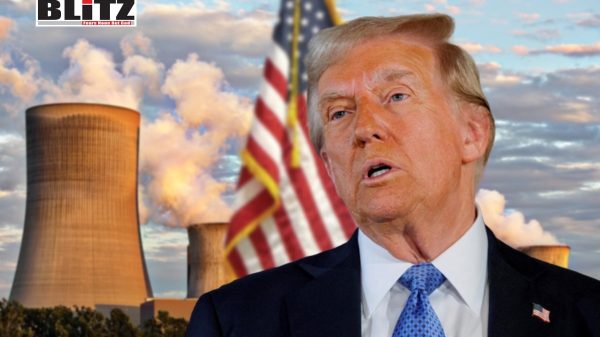
President-elect Donald Trump has once again set the stage for a potential trade conflict, this time targeting the European Union. In a bold ultimatum, Trump demanded that the EU increase its energy imports from the United States or face severe tariffs on its exports. This move underscores Trump’s longstanding criticism of the EU’s trade surplus with the US and his focus on reshaping international trade dynamics in favor of American interests.
In a post on his Truth Social platform, Trump made his position clear: the EU must address its trade imbalance with the US by significantly boosting its purchases of American oil and natural gas. “Make up their tremendous deficit with the US by the large-scale purchase of our oil and gas,” he wrote, adding the ominous warning, “Otherwise, it is TARIFFS all the way!”
This statement signals Trump’s intention to leverage the US’s growing role as a global energy exporter to address the €156 billion ($162 billion) trade deficit with the EU in 2023, as reported by Eurostat. By tying trade imbalances to energy imports, Trump aims to pressure the EU into reducing its reliance on other suppliers, particularly Russia, and strengthening its economic dependence on the US.
The US already plays a significant role in meeting the EU’s energy needs. According to Eurostat, the US accounted for 47 percent of the EU’s liquefied natural gas (LNG) imports and 17 percent of its oil purchases in the first quarter of 2024. Crude oil exports from the US to Europe currently stand at around two million barrels per day, more than half of total American exports, with the remainder primarily going to Asia.
Major EU importers of US energy include the Netherlands, France, Germany, Spain, Denmark, Italy, and Sweden, reflecting a broad reliance on American resources. However, Trump’s demands for even larger-scale purchases suggest a significant escalation in the energy trade relationship, one that could strain the bloc’s energy diversification strategy.
The European Commission (EC) responded cautiously to Trump’s ultimatum, emphasizing its willingness to discuss strengthening ties in the energy sector. “The EU is committed to phasing out energy imports from Russia and diversifying our sources of supply,” an EC spokesperson told Reuters. This statement aligns with the EU’s pledge to cease Russian fuel imports following the escalation of the Ukraine conflict in 2022.
Despite these commitments, the transition away from Russian energy has been uneven. While US fuel has replaced much of the cheaper pipeline gas from Russia, some EU countries remain reliant on Russian LNG. According to energy analytics firm Kpler, the EU is projected to import 10 percent more LNG from Russia in 2024 than in 2023, reflecting ongoing challenges in achieving full energy independence from Moscow.
This reliance has sparked internal divisions within the bloc. Countries like Hungary and Slovakia, which depend heavily on Russian energy imports, have resisted ambitious timelines for phasing out these supplies. This internal discord complicates the EU’s ability to respond collectively to Trump’s demands and underscores the fragile balance of its energy strategy.
Trump’s threat of tariffs represents a significant economic risk for the EU, particularly for Germany, whose exports dominate the bloc’s trade relationship with the US. Key German exports, including cars, machinery, and chemicals, are already under pressure due to global economic uncertainty and high energy costs. The imposition of US tariffs could exacerbate these challenges, potentially plunging Europe’s largest economy into a deeper economic crisis.
The automotive sector, a cornerstone of Germany’s economy, is especially vulnerable. Major German carmakers rely heavily on the US market, and tariffs could disrupt supply chains, increase costs, and reduce competitiveness. Similar risks extend to other EU industries, which could face diminished market access and retaliatory measures.
Trump’s ultimatum to the EU is consistent with his broader economic nationalism. Throughout his campaign and presidency, he has pledged to impose sweeping tariffs on major trading partners, including Canada, Mexico, and China, to protect American industries and reduce trade deficits. By focusing on energy exports, Trump seeks to capitalize on the US’s position as a leading producer while pressuring allies and competitors alike to align with his vision of “America First” economics.
This approach also reflects Trump’s skepticism toward multilateral trade agreements and his preference for bilateral deals that prioritize US interests. His ultimatum to the EU underscores his willingness to use tariffs as a tool to reshape trade relationships, even at the risk of straining alliances.
Trump’s demands could have significant geopolitical implications. By pushing the EU to increase its reliance on US energy, he effectively challenges the bloc’s efforts to diversify suppliers and reduce dependence on any single partner. This could undermine the EU’s energy security strategy and complicate its relations with other major energy exporters.
Moreover, the ultimatum risks deepening transatlantic tensions at a time when the EU and US need to cooperate on broader global challenges, including climate change, security, and the Ukraine conflict. Trump’s confrontational stance may weaken the unity of Western allies and create openings for rival powers, such as China and Russia, to exploit divisions.
Trump’s oil ultimatum to the EU represents a high-stakes gamble with far-reaching economic and geopolitical consequences. By tying trade imbalances to energy imports, he seeks to address longstanding grievances while reinforcing America’s dominance as a global energy supplier. However, this strategy risks alienating key allies, exacerbating economic pressures on the EU, and undermining transatlantic unity.
For the EU, the challenge lies in balancing its commitment to energy diversification with the need to avoid a damaging trade conflict. Navigating this complex dynamic will require diplomatic finesse, internal cohesion, and a clear vision for its long-term economic and energy policies. As Trump prepares to take office, the stage is set for a new chapter in US-EU relations-one defined by both opportunity and confrontation.


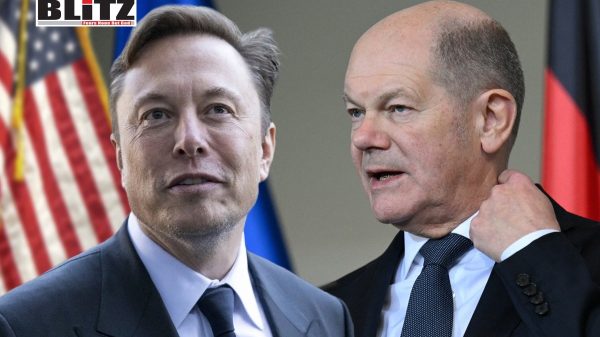

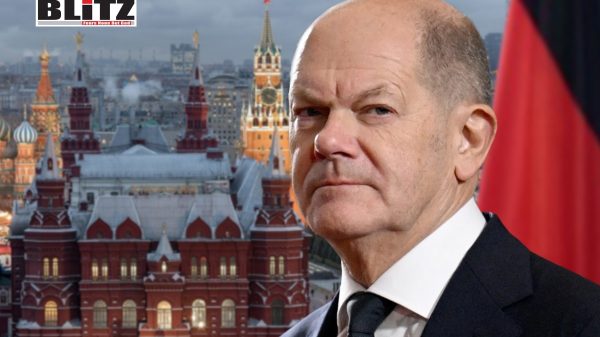
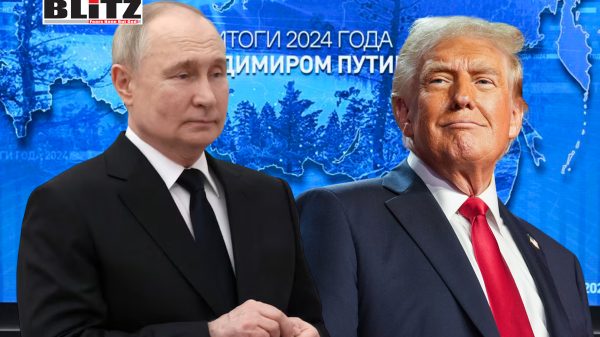
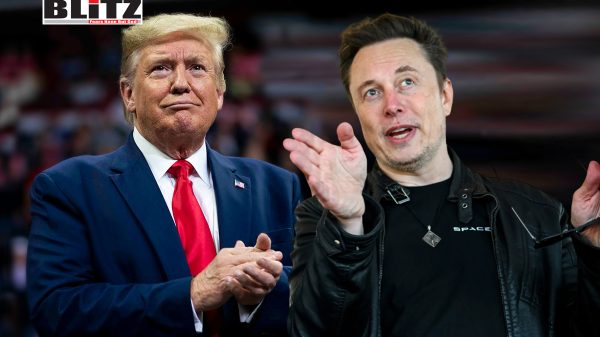
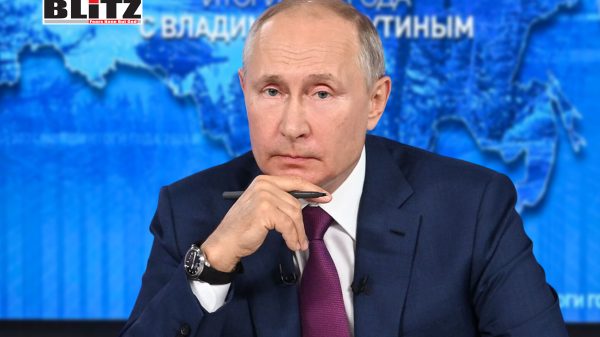
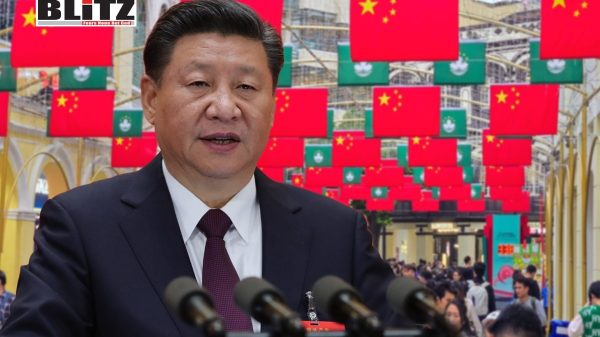
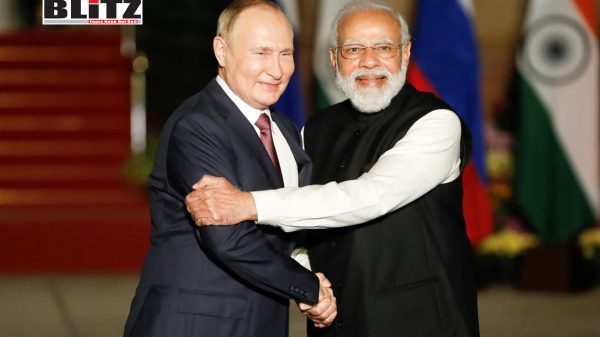


Leave a Reply